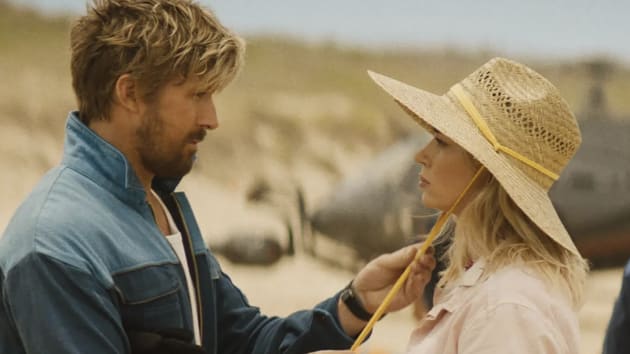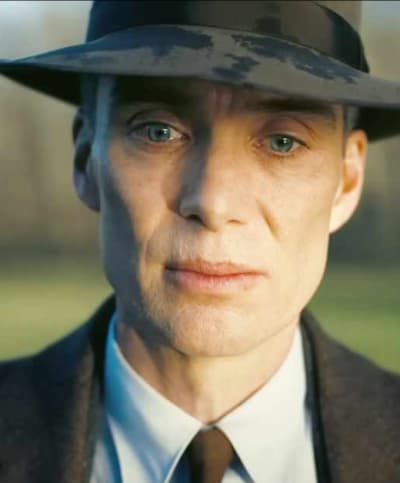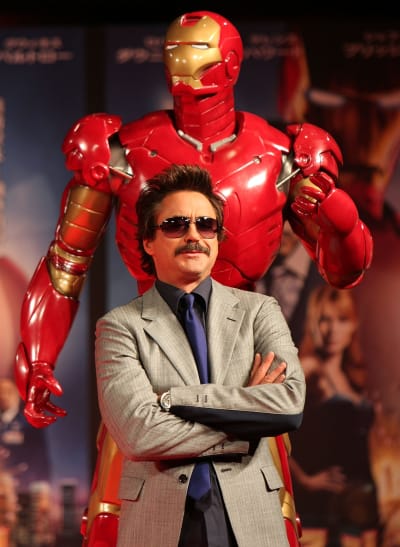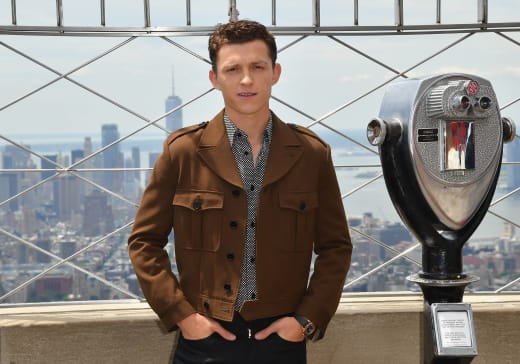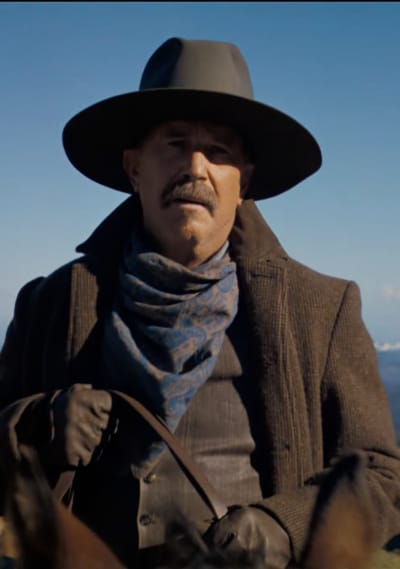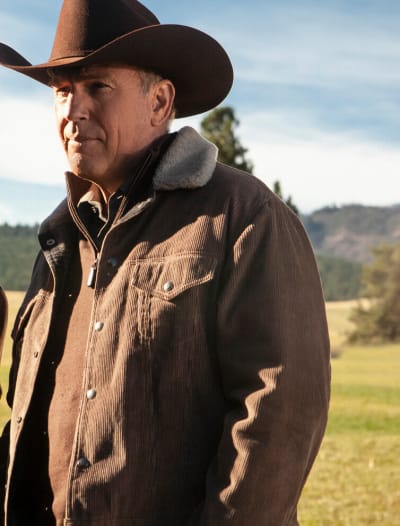It might feel like we just rang in the new year last week, but believe it or not, summer is already here — at the movies, anyway.
With the release of the Ryan Gosling-Emily Blunt action-romcom The Fall Guy, Hollywood’s most lucrative season has officially arrived.
But the calendar is light on sure bets this year, and that’s mostly because of recent box office trends that have left studio execs in a very uncertain position.
As you probably recall, Barbie and Oppenheimer were the summer box office success stories of 2023.
In retrospect, it seems like a foregone conclusion that two films that so dominated the zeitgeist would also win big commercially.
After all, prior to last year, you had to go all the way back to 2010 for a year in which the highest-grossing movie was neither a sequel nor a superhero flick.
That was the year that James Cameron‘s Avatar wowed audiences and filled 3D Imax theaters around the world.
Needless to say, as, respectively, a biopic about a theoretical physicist, and a candy-colored feminist parable about a superannuated doll, Oppenheimer and Barbie faced tougher challenges in reaching the $1 billion milestone.
And obviously, the two rather dissimilar films owe a great deal to the talent behind the camera — as well as a pair of ingenious marketing campaigns.
But it’s worth noting that their success was partially made possible by a phenomenon that first reared its head in 2019, following the release of Avengers: Endgame.
We’re talking, of course, about superhero fatigue.
Perhaps it was a colossal marketing mistake for Marvel to subtitle a film Endgame, use it to wrap up the storylines of several popular characters (in some cases by removing them from the mortal coil), and then expect audiences to maintain the same level of interest in the franchise afterward.
Or maybe it was inevitable that audiences would lose interest in the studio’s never-ending story, and Endgame just provided them with a convenient off-ramp.
Whatever the case, cape dramas have gone from Hollywood’s surest bet to yesterday’s news.
Sure, there have been outlier success stories in recent years, most notably, Spider-Man: No Way Home, the only superhero film to take the annual box office crown in the post-Endgame era. But such oddities have become the exceptions that prove the rule.
This summer’s box office slate feels like a throwback to a time when comic book adaptations were expensive gambles rather than the stuff of ever-expanding franchises.
The Marvel and DC cinematic universes dominated summer — and just about every other season — for most of the 2010s.
But thus far, they’ve both struggled to find a foothold in the 2020s.
Marvel’s Deadpool and Wolverine is the only superhero flick slated for the summer of 2024, and it will likely strike a tone closer to an action-buddy comedy like Lethal Weapon than a traditional superhero film.
DC, meanwhile, is sitting out the summer entirely. The studio has Joker: Folie à Deux slated for October, but the Joaquin Phoenix-Lady Gaga vehicle (which may or may not feature a cameo from the Caped Crusader) also doesn’t fit the mold of a conventional cape drama.
It’s a confusing time for the once-reliably bankable genre, and its future is uncertain. There was a time when comic studio execs like Marvel’s Kevin Feige were considered invincible industry supermen.
Now, it looks like they’ve found their kryptonite in the form of American audiences and their notoriously fickle tastes.
But if Feige and others who are hoping for a superhero comeback are seeking reasons to feel optimistic, they need look no further than … the upcoming Kevin Costner film?
Yes, the first installment in Costner’s two-part Western epic, Horizon: An American Saga, will hit theaters in late June.
It’s one of the biggest cinematic gambles in recent history, and sources say Costner sold his home in Santa Barbara in order to finance the project.
And what does this have to do with superhero movies, you ask?
Well, if you go way back in Hollywood history — all the way to the Eisenhower era — you’ll find that, thanks to the success of films like Shane, The Searchers, and Rio Bravo, stoic frontiersman consistently dominated the box office.
In the decade that followed, young Baby Boomers flocked to edgier Westerns that were more tailored to their tastes — films like The Good, The Bad, and The Ugly, The Magnificent Seven, and The Wild Bunch.
There was a time when it looked like the genre was a blank slate onto which every generation could project their timely obsessions and anxieties.
Then, for about 50 years, the general public just sort of lost interest in horse operas.
Now, thanks in part to the popularity of TV’s Yellowstone — another Costner project, not coincidentally — the Western seems to be on the verge of a renaissance.
Perhaps superhero movies will one day enjoy the same resurgence.
But for the time being, it seems that Hollywood has developed a debilitating case of cape fear.
What do you think, TV fanatics? Has the golden age of superhero flicks come to an end? Or will the masters of the various universes continue to throw money at the problem until they find a solution?
Hit the comments section below to share your thoughts.
Tyler Johnson is an Associate Editor for TV Fanatic and the other Mediavine O&O sites. In his spare time, he enjoys reading, cooking, and, of course, watching TV. You can Follow him on X and email him here at TV Fanatic.
Read the original article here



